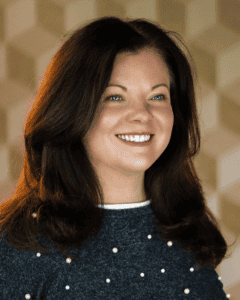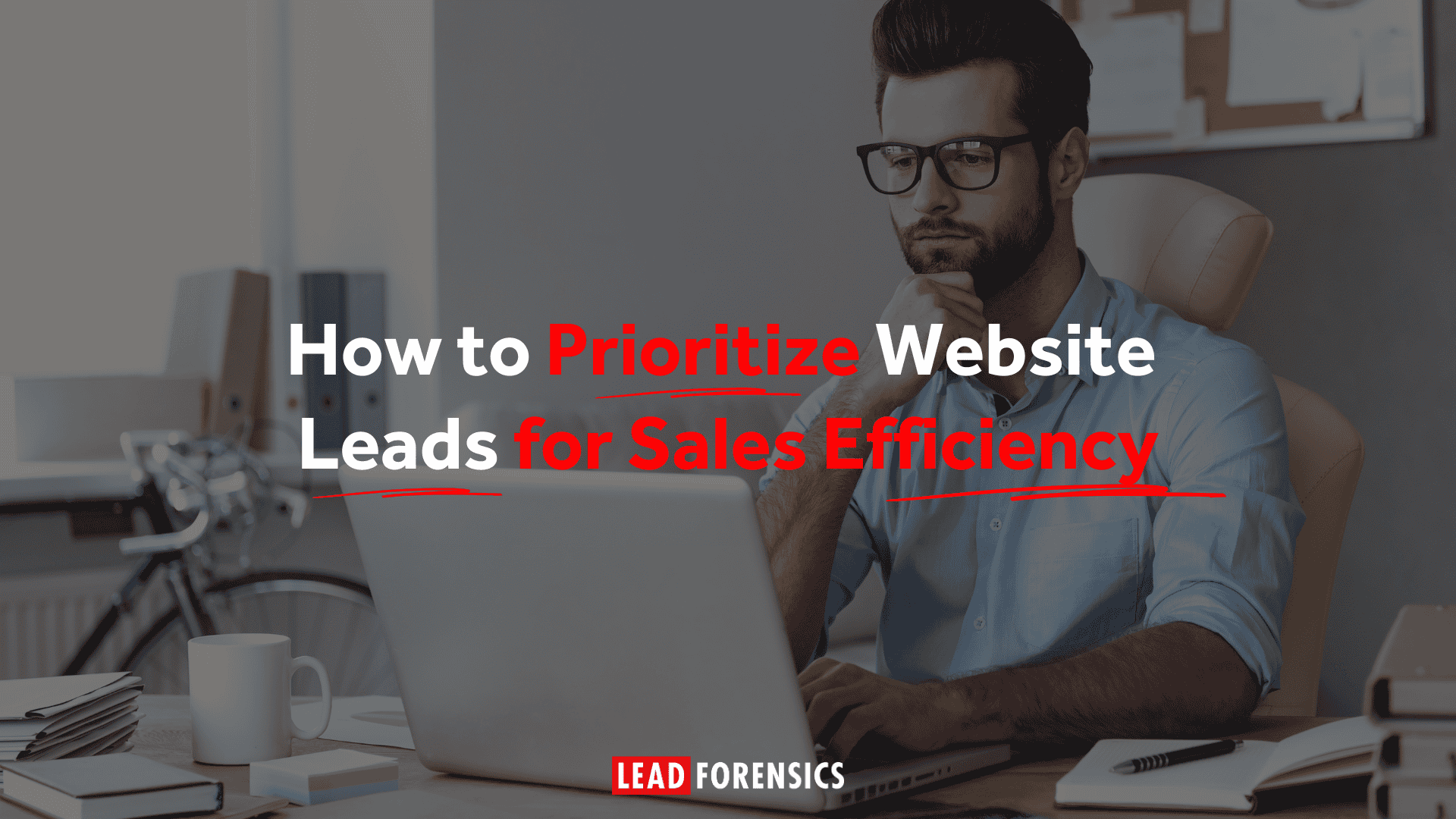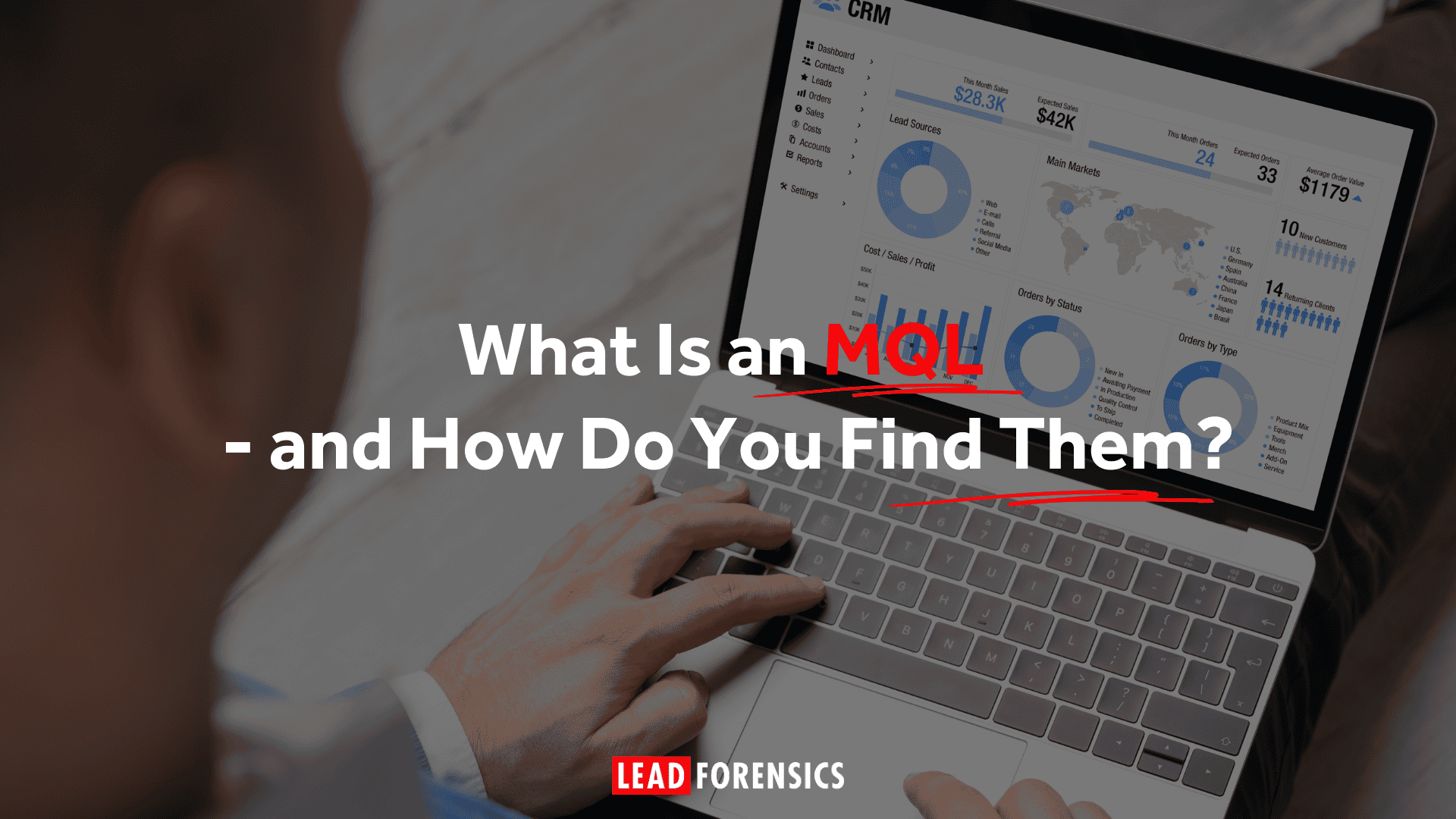This is particularly true for the world of B2B sales. With this in mind, let’s dive into some eye-opening B2B sales statistics that you should know.
B2B Sales Statistics
Building relationships and connecting with people is the most important part of selling, and the most enjoyable part of the job. It’s something 82% of people agree with, according to HubSpot data.
But the same research found that salespeople only spend an average of 2 hours a day selling.
The average sales close rate was 29%, and the average sales win rate was 21%, according to further research by HubSpot.
Getting a meeting booked is proving harder in 2025. One of Cognism’s clients reports that they made 204,698 dials and took 27,513 conversations to book 617 meetings. That’s half as successful as last year.
Sales Call Statistics
Only 2% of cold calls convert into actual sales. But it’s one of the few methods that can connect salespeople with decision makers, with 78% of business reporting that they’ve attended an event or scheduled a meeting because of a cold call. Get more cold calling stats in our dedicated blog.
When you introduce buyer intent data, 65% of sales reps say they have a better chance of closing deals. And when you combine this warm calling, you can see sales close at a much higher rate of between 10 to 14%, according to one of our webinars.
The most successful calls involve longer discovery calls. That’s according to Sales Insights Lab, which found that top performers get prospects talking more than their less successful colleagues.
The average sales rep asks 23 questions during a discovery call—but top performers ask an average of 32 questions. They also answer more questions from prospects, with the average rep taking 15 questions and top performers fielding 21 questions.
Sales Email Statistics
The average employee receives 200 emails a day, and 24% of those have attachments, according to Trumpet. Furthermore, only 6% of those emails are accessed.
When you send emails, keep in mind that 75% of emails are opened within the first hour. Yesware found that 98% are opened within a day of being sent, so if you haven’t heard back by the next day then you probably won’t.
And don’t forget to personalize your subject line, as those emails are 26% more likely to be opened. That’s according to Instapage, which also reports that personalized CTAs also see a 202% increased conversion rate.
Sales Objection Statistics
The majority of customers (60%) will say no four times before they say yes, according to Invesp. That’s a lot of objections to handle, even for the most confident of sales reps.
The initial ‘no’ discourages more than half of salespeople (56%), the same report claims.
But objections aren’t inherently bad. In fact, GTMnow found that when a prospect brought up an objection, the deal win rate went up by almost 30%. That’s because the team has been coached on how to handle common sales objections.
Sales Follow-up Statistics
Following up is an essential part of B2B sales, but it’s one that is often overlooked, as 48% of reps never make a second follow-up call, according to Invesp.
It’s worth being persistent, because 80% of deals need between five and 12 contact attempts before the close, reports Qwilr.
When should you follow up? If you engage a lead within 60 seconds of inquiry, it boosts conversion rates by almost 400%, Lusher shares. But that may not be a feasible benchmark for most businesses. If you’re qualifying the lead, calling within an hour after their engagement still increases your chances seven-fold.
Sales Cycle Statistics
The average B2B sales cycle takes between one and three months, according to research by Databox. They also found that the average length of a sales cycle increases as deal value increases, and around 8% of companies reported sales cycles of over five months.
In fact, the sales process taking too long is the biggest reason prospects back out of a deal, according to 28% of sales pros.
Social Selling Statistics
Social selling is almost as popular as phone calls for remote sales reps; HubSpot found 27% prefer calls, but 24% prefer social media! With 80% of B2B sales being conducted virtually, you can’t afford to not start social selling.
It’s already commonplace in marketing, with 89% of B2B marketers reporting that they use LinkedIn to generate leads.
And it’s a growing area of focus for B2B sales, too. In 2024, 18% of salespeople considered social selling one of their top five areas of focus, but HubSpot predicts this will increase.
Naturally, LinkedIn is the platform of choice for B2B sales. Its own statistics show that the best salespeople (those who reached 150% of quota or more) were more than twice as likely to have expanded their LinkedIn network in the past year (53%) compared with their average peers (25%).
The platform also found that social selling leaders create 45% more opportunities, they’re 51% more likely to reach quota, and 78% of social sellers outsell peers who don’t use social media.
B2B Sales Content Stats
Sales enablement is a hot topic, and it’s something that is heavily supported by content. When invested in, sales enablement can genuinely improve sales performance – and 76% of leaders agree.
B2B buyers support the importance of strong content, too. The vast majority (90%) agree that online content has a moderate to major effect on purchasing decisions, claims Trumpet.
But 75% of content marketers forget about sales enablement when they’re planning their marketing efforts, G2 reports.
Stats about B2B Decision Makers
The buying process is complex. In mid-sized companies with 100-500 employees, the average buying decision involves seven people, according to Gartner Group.
Increasingly, B2B buyers want to research independently before they speak to anyone. 57% of salespeople agree that buyers are less dependent on sales during the buying process than they were a few years ago, according to HubSpot.
The same research found that 52% of buyers prefer to use self-service tools and a third want the chance to see a product early in the buying journey.
Customer Referral Statistics
84% of B2B buyers start their purchasing process with a referral, according to the Harvard Business Review.
And although 91% of customers say they’d give a referral, only 11% of sales people ask them.
It’s worth creating a referral scheme: 55% of companies with referral programmes say their sales efforts are highly effective, according to Digital Web Solutions. Plus, those referred customers had a 59% higher lifetime value.
But only 30% of B2B companies have a referral programme in place.
CRM Statistics
Almost every B2B business uses CRM for customer retention. If you’re in the 1% of companies that don’t, you’re being seriously left behind.
Over half of sales professionals use CRM to build stronger relationships with buyers.
When CRM is used, companies report a 17% increase in lead conversion, a 15% uplift in customer retention and their sales reps are 21% more productive, WebFX found.
Despite its widespread use, 30% say their CRM tools are inefficient. And between 20 to 70% of CRM projects fail because they aren’t adopted properly.
But the average ROI for CRM investment is $8.71 for every dollar spent, according to Nucleus Research.
AI and Sales Automation Stats
Sales reps spend an average of two hours a day selling, according to research by HubSpot. But if they use automation to save themselves two hours a day, they could double their selling time—and results.
In fact, 76% of B2B sales reps say technology is critical to closing deals. And they use five or more sales technologies to do so, claims Trumpet.
It’s clearly the future. Gartner predicts that by 2028, 60% of B2B sales work will be done through conversational user interfaces via generative AI sales technologies. In 2023, this was used for just 5% of work.
Sales Coaching and Training Statistics
Even the best B2B sellers can benefit from regular sales coaching. For example, nearly 60% don’t change their process once they find one that works for them.
And as the data shows, there’s a disconnect between how sales reps perceive themselves and how prospects experience them: 50% of salespeople say they avoid being pushy, but 84% of buyers have had negative experiences due to pushy salespeople.
But when it’s done well, it has a genuine impact on performance. The reps who receive very good coaching are 50% more likely to achieve or exceed their quota. That’s according to The State of Sales Coaching in 2025, which also found that 38% of sales rep rarely or never receive coaching and the majority (88%) are asking for changes in how they’re coached.
Regular training and coaching are another way to reinforce the ideal culture of your seals team. A quarter of high-performing teams emphasize a culture of trust among representatives, compared to only 13% of underperforming teams (HubSpot).
Visitor Identification Stats
One way to turbo-charge your B2B sales success is by finding out which companies are already interested in your business and reaching out to those warm leads with warm calling. After all, it’s what could see your sales success jump from 2% with cold calls to between 10 and 14% for warm calls.
For example, ToyotaLift started using Lead Forensics to identify its anonymous B2B traffic and started closing at least one deal every month that they attribute to the visitor alerts the platform gives them.
Furthermore, Mack’s Truck Sales brought in £1million of revenue in just two months of using Lead Forensics. CSI uncovered $2.5 million in inbound revenue within their first year, and Doc Line closed 11 additional leads that contributed around £70,000 in revenue over two years.
You can see more case studies on our website — or sign up for a demo and see how our platform can help boost your sales success.







